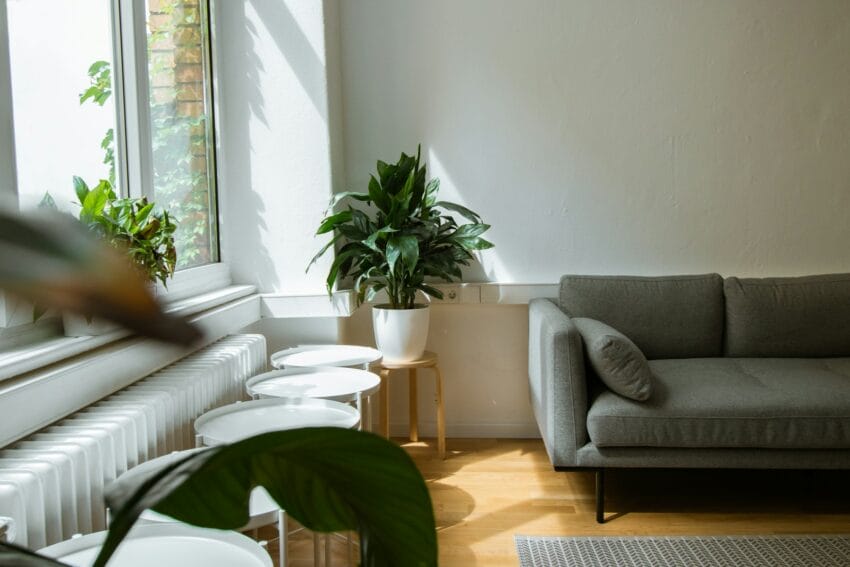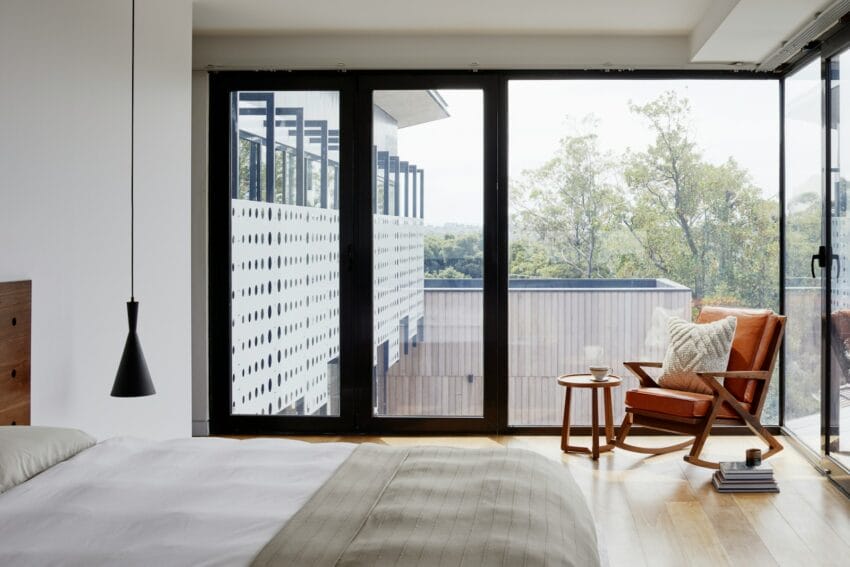As fascinating as it may sound to some, searching for apartments for rent can throw an array of challenges. Between sifting through unending listings, juggling budgets, dealing with impromptu rental hikes, and coping with the complexity of lease agreements, the entire process can turn overwhelming, especially for the first-timers.
Think about it: balancing the location, price, and comfort can be a real teeter-totter, not to mention the time is taken out of your already packed schedule.

Check School Districts
When hunting for your ideal rental apartment, one factor that can get overlooked is the quality of the local school district. But why does this matter? Especially for families with school-aged children, the school district is a key consideration when choosing a place to live. A strong school district not only ensures quality education for your children but also can have a positive impact on the property’s value.
However, it’s not just families with children who should pay attention to this. Even if you don’t have kids, living in a good school district can be beneficial. It can enhance the overall neighborhood appeal, leading to higher demand and potentially better rental income.
Checking school districts and their ratings is an essential step when hunting for your ideal rental apartment. It helps ensure you’re picking not just a great home, but also a fantastic community for you and your family.
Consider the Cost
When hunting for your ideal rental apartment, it’s essential to always keep your budget front and center. After all, renting a property is a considerable financial commitment, and ensuring it fits within your budget is crucial for avoiding unnecessary stress down the line.
Moreover, considering the cost in the context of apartments for rent involves evaluating the value offered. This evaluation includes the location, amenities, and the quality of the living space. A higher rent in a strategically located apartment may offset transportation costs, thereby presenting a more economically sound option in the grand scheme.
But remember, the cost of rent is not the only expense you’ll have. You should also consider utility bills, internet, parking, and other potential costs.
In fact, a common rule of thumb is to not spend more than 30% of your gross income on rent. This guideline can help keep your finances in check and ensure that you have enough left over for other living expenses, savings, and leisure.

Utilize Online Platforms
In the digital age, online platforms are your best friend when it comes to hunting for your ideal rental apartment. They simplify the process, making it more efficient and less time-consuming.
Unlike traditional methods, which are often limited by geographical and temporal constraints, online platforms encompass a vast array of options, presenting a comprehensive overview of available apartments for rent.
Moreover, these platforms facilitate a streamlined and efficient search process. Potential renters can filter their options based on specific criteria such as location, budget, size, and amenities. This targeted search mechanism significantly reduces the time and effort traditionally expended in finding suitable apartments for rent.
Additionally, online platforms serve as a repository of critical information. They often provide detailed descriptions, high-resolution images, and sometimes even virtual tours of the apartments for rent.
Also, these platforms often include reviews and ratings from previous tenants, offering invaluable insights into the living experience. Such firsthand accounts can be instrumental in discerning the suitability of apartments for rent, beyond the superficial details.
Visit the Apartment in Person
When you’re on the hunt for a rental apartment, it’s all too easy to get swept away by beautiful photos and glowing descriptions.
A rental apartment might look perfect in pictures, but seeing it in person can give you a better sense of the space, the neighborhood, and any potential issues that might not be visible in photos. This is also the perfect time to ask questions about the property and get a feel for your potential landlord or property manager.
When visiting a potential rental apartment, there are a few key things to keep an eye out for:
- Check for Damages
Look for any signs of damage or disrepair that could affect your quality of life or result in fees down the line. Don’t forget to take photos of any damage and send them to the rental agent to ensure they’re aware of it.
- Test the Appliances
Make sure everything is in working order. This includes the refrigerator, stove, heating and cooling systems, and any other included appliances.
- Consider the Layout
Is the space functional for your lifestyle? Is there enough storage? Can it comfortably accommodate your furniture?
- Inspect the Neighborhood
Take a walk around the block. Is it safe? Are there amenities nearby? Is it noisy or quiet?
Understand the Lease Agreement
The last, but crucial step in finding your ideal rental apartment is understanding the lease agreement. A lease agreement is essentially a contract between the tenant and landlord, outlining the terms and conditions of the rental. This document provides clarity on your rights and responsibilities as a tenant, and those of the landlord. Nowadays, for added convenience, many landlords offer the option to sign an online lease agreement, allowing you to complete this essential step digitally.
Understanding your lease agreement is essential to avoid unpleasant surprises down the line. It outlines everything from rent payment dates to rules about pets and subletting. It also details what happens if the lease is broken, how and when the rent can be increased, and who is responsible for maintenance and repairs.
When reviewing your lease agreement, it’s important to be mindful of several key aspects. Firstly, check the rent details, including the amount, due date, and acceptable payment methods, and be aware of any terms regarding late fees and rent increases.
Secondly, understand the specifics of the security deposit, such as the amount, its use, and the conditions for its return. It’s also crucial to confirm the lease term, including the start and end dates, as well as the terms for renewal or termination.
Additionally, be sure to look for any specific rules and regulations, such as noise restrictions, pet policies, and policies on subletting. Finally, check the conditions under which your landlord can access your rental apartment, including how much notice they must give before entering.
Want a modern home on a budget?
Subscribe and get this FREE GUIDE to learn the tips, tricks, and my best resources to create a family-friendly modern home on a budget!
